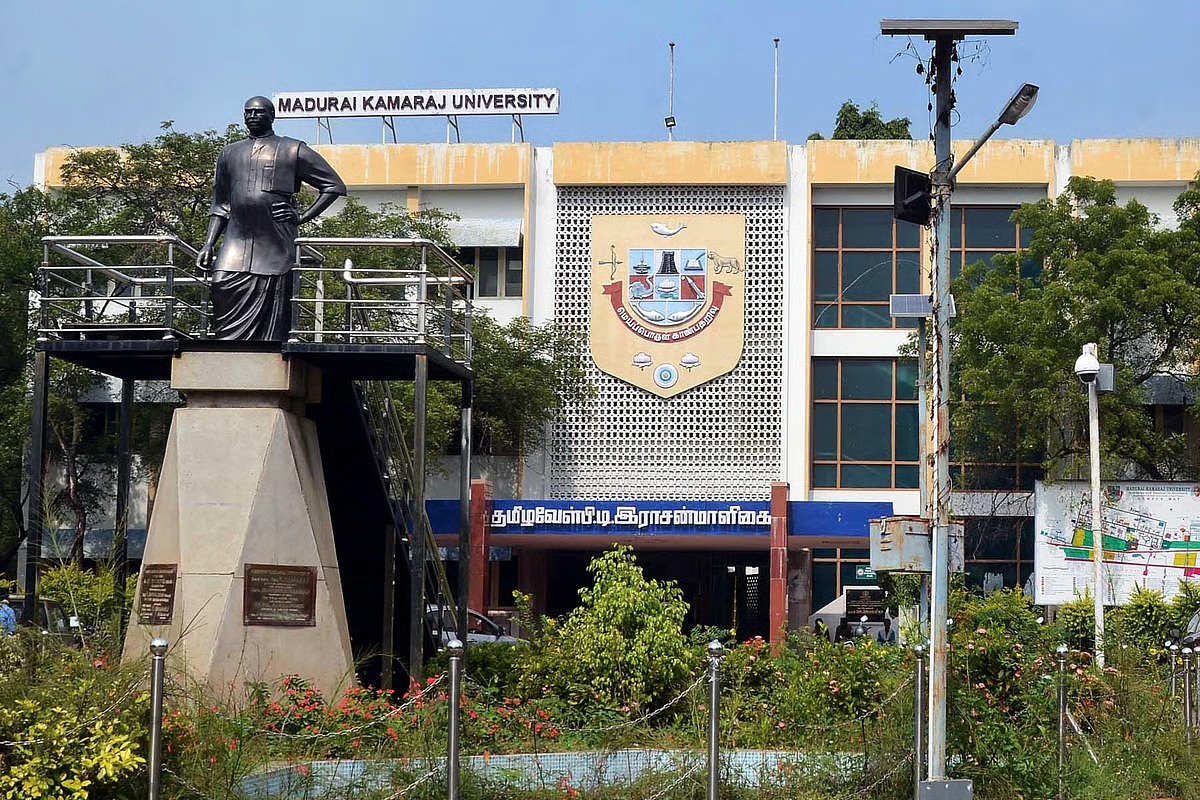@JUDGMENTTAG-ORDER
D.K. Sinha, J.@mdashThe instant revision is directed against the order impugned dated August 3,2009 by which the petition filed on behalf of the Petitioners u/s 251 Code of Criminal Procedure for exonerating them from their criminal liability in a summons trial case was rejected by Shri Anuj Kumar, Judicial Magistrate, 1st Class, Ranchi in C-III-16/2005.
2. The short question that has been raised in the instant Criminal revision is as to whether or not the cognizance of the offence though it has not expressly been mentioned in the order, assumed to be taken u/s 92 of the Factories Act 1948 was maintainable beyond the statutory period of limitation of three months for the alleged violation of the Provisions of Rule 56C(1)(a) of the Jharkhand Factory Rules.
3. The short fact of the case was that the Complainant-Factory Inspector filed a complaint before the C.J.M. Ranchi on February 28, 2005 alleging inter alia that the Petitioner No. 1 being the Director (Personnel) was occupier of the factory; whereas the Petitioner No. 2 N.K. Pandey being the Manager of Foundry Forged Plant within Heavy Engineering Corporation Ltd. Dhurwa, Ranchi had not provided safety device to the workers as a result of which one Ravi Shankar Verma, who was cleaning roof of asbestos of the factory, fell down and succumbed to his injuries and thereby the Petitioners violated the provision as laid down under Rules 56C(1)(a) of Jharkhand Factory Rules. The alleged accident took place on September 25, 2004 at about one o''clock during working hours and on the same day the matter was informed to the Factory Inspector. The factory Inspector visited the place of occurrence on September 30, 2004 and thereafter he signed the complaint on December 23,2004 which was presented in the Court of C.J.M. on February 28, 2005.
4. The learned Counsel raised the contention that Section 106 of the Factories Act 1948 provides limitation of prosecution which is quoted herein below:
No Court shall take cognizance of any offence punishable under this Act unless complaint thereof is made within three months of the date on which the alleged commission of the offence came to the knowledge of an Inspector:
Provided that where the offence consists of disobeying a written order made by an Inspector, complaint thereof may be made within six months of the date on which the offence is alleged to have been committed.
For the purpose of this Section-
(a) in the case of a continuing offence, the period of limitation shall be computed with reference to every point of time during which the offence continues.
(b) where for the performance of any act time is granted or extended on an application made by the occupier or manager of a factory, the period of limitation shall be computed from the date on which the time so granted or extended expired.
5. The learned Counsel strongly contended that though the occurrence as alleged took place on September 25, 2004 but the cognizance of the offence was taken February 28, 2005 beyond the statutory period of limitation. It would be relevant to mention from perusal of the cognizance order dated February 28, 2005 that it was silent as to for which alleged offence the cognizance was taken though in the complaint it was stated that offence was committed u/s 92 of the Act for violation of Rule 56C(1)(a) of Jharkhand Factory Rules.
6. Finally the learned Counsel submitted that the complaint was not filed within statutory period of limitation and the cognizance of the offence was taken without considering the mandatory provision of Section 106 of the Factories Act. That apart, the Petitioners can not be held responsible for the alleged accident which took place in the factory premises as the work was assigned to the contractor Indrajeet Prasad who should have been made accused in this case in place of the Petitioners and the learned Magistrate thereby committed error by not appreciating the objection of the Petitioners on the point of maintainability of the complaint which was filed beyond statutory period of limitation, so, neither cognizance of the offence was maintainable beyond the period of 90 days nor prosecution of the Petitioners and therefore, criminal prosecution of the Petitioners would tantamount to abuse of the process of the Court. The request of the Petitioners as made u/s 251 Code of Criminal Procedure for their exoneration from the criminal liability could not be appreciated on erroneous consideration and it was rejected which calls for interference of this Court by allowing the instant Criminal Revision.
7. Having regard to the facts and circumstances of the case I find that Section 106 of the Factories Act 1948 is clear that the complaint with regard to commission of an offence u/s 92 of the said Act has to be made within a period of three months from the date of commission of the offence or from the date of knowledge of commission of the said offence. It was not disputed that the occurrence took place on September 25, 2004 and immediately the Complainant Factory Inspector was informed who visited the place of occurrence on September 30, 2004 who preferred complaint before the CJM, Ranchi on February 28, 2005 but certainly much beyond the period of limitation, for the reasons best known to him and in the given facts and circumstances neither the cognizance of the offence was maintainable nor the prosecution of the Petitioners. It would be relevant to mention that it was nowhere explained in the complaint petition that the limitation for filing of the complaint needs relaxation by six months as the Petitioners had disobeyed the written instructions of the Inspector of the Factories, as such relaxation finds place in the proviso of Section 106 of the Factories Act 1948. I therefore, find and hold that the cognizance of the offence against the Petitioners, though the learned CJM Ranchi did not disclose the nature of offence, is not maintainable under the law. Therefore, the cognizance order is set aside. Consequently, the Petitioners are exonerated from their criminal prosecution in C-III-16/05 pending in the Court of Sri Anuj Kumar, Judicial Magistrate, 1st Class Ranchi and this Criminal Revision is accordingly allowed.

